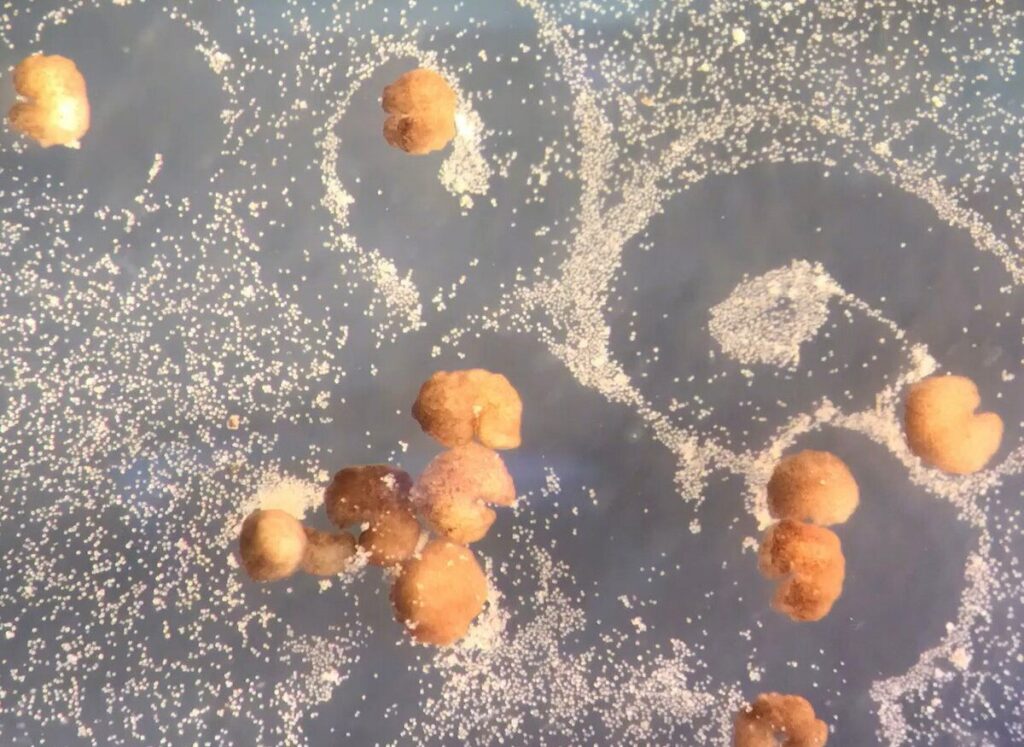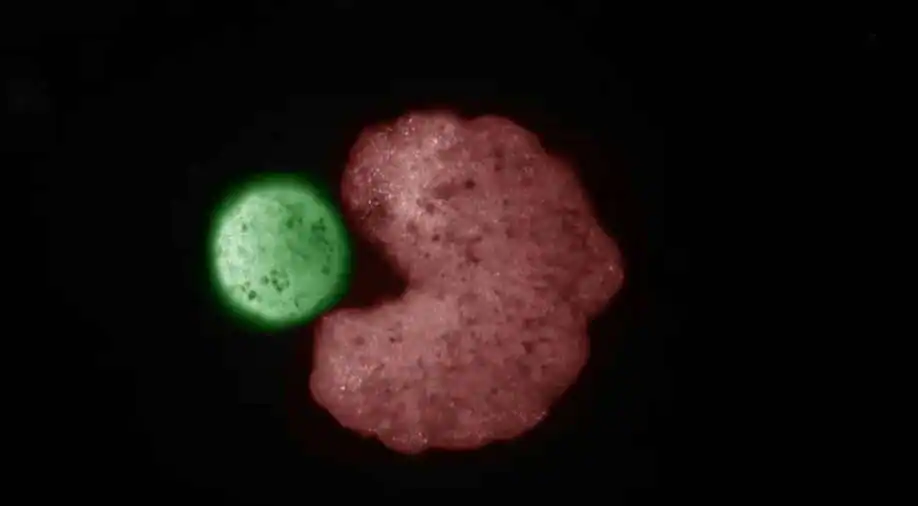
According to a CNN article citing a scientific research, after constructing the world’s first living robots, US-based scientists have discovered that they can now reproduce in a way that is unlike any plant or animal. Xenobots have been dubbed “the first-ever, self-replicating living robots” by scientists.
According to the study, scientists from the University of Vermont, Tufts University, and Harvard University’s Wyss Institute for Biologically Inspired Engineering discovered that the microscopic creatures could move, collaborate in groups, and self-heal.
Xenobots are nanobots that are made from the stem cells of the African clawed frog (scientifically known as Xenopus laevis), which is where the term comes from. The researchers anticipate that the new discovery will have a positive impact in the medical area.

“Frogs have a way of reproducing that they normally use,” Michael Levin, a professor of biology and director of Tufts University’s Allen Discovery Center, told CNN. “But when you liberate (the cells) from the rest of the embryo and give them a chance to figure out how to be in a new environment, not only do they figure out a new way to move, but they also figure out apparently a new way to reproduce.”
The primary author of the study, Josh Bongard of the University of Vermont, told The Guardian, “These creatures move around in the dish and produce duplicates of themselves.”
“These are really tiny, biodegradable, and biocompatible robots,” he said, adding that near-term uses might include collecting microplastics from streams.
Meanwhile, Bongard told CNN that most people assume robots are made of metal or ceramic, but “it’s not so much what a robot is made of as what it does, which is operating on its own on behalf of humans,” as he put it.
On Monday, the study was published in the scientific journal PNAS.




